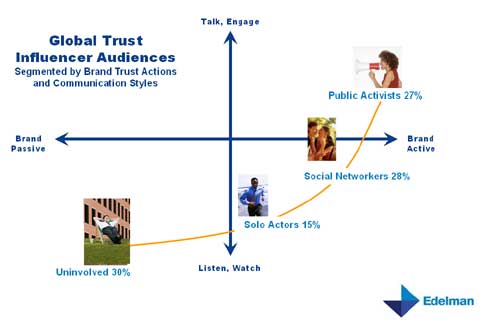Now Iain Dale’s stirring about the cost of government blogs. He points to a PQ in which DWP admits that it’s costing half a staff member’s time to run the Welfare Reform and Child Poverty blog. Once again, the retort is that ‘well, I do it in my own time for next to nothing’.
Iain – who, let’s remember, isn’t even an MP yet (although not for lack of trying), never mind having ministerial experience – falls into a classic trap here. It simply isn’t fair to compare the two. Iain’s blog is a personal project, with no formal or official standing; no chain of management to answer to; no need for the left hand to check what the right hand is/was doing; no concerns about the expression of strong political opinions in the comments. As soon as it’s an official initiative, on a .gov.uk server, with the Government ‘seal of approval’, it’s a whole new ball game.
So – for example – Iain can shrug off any difficulties with his blog’s hosting, where government would be (rightly) lambasted if they trusted an official website to a freebie with no recourse in the event of such problems.
Even if the comparison were valid, is Iain is a glass house with a pile of stones? Questioned by the Guardian in October about online TV channel 18 Doughty Street, he said this:
Viewing figures, he says, seem to be up in the thousands but are hard to determine at this stage and, anyway, “We’re not going to let the viewership dictate what we do.” A former bookshop owner and publisher, he says, “It’s like when you publish a really good book that only sells a few copies – it was still well worth doing. That’s the way we look at it, and we’ll see where that takes us.”
So is it OK to condemn the value of an initiative on account of low readership/audience numbers, or not? (I’m guessing Doughty Street viewing figures are ‘low’, judging by the Alexa trendline and an apparent lack of any official statement to the contrary… but I’m happy to be told otherwise.)
Be warned, Mr Dale. Despite the best efforts of myself and the small number of people like me, Government – or more particularly the civil service – just does not work that way. If/when the Tories win the next election, and if you decide to bring in the zero-cost ‘guerilla communication’ philosophy, good luck to you… and I’d be delighted to help. But comments like these are certain to come back to bite you in the behind.
